Signals
Recently we have been receiving clear signals – companies have approached us requesting we recommend qualified service design trainers who meet specific requirements. We have also been approached by service design trainers asking if we could create transparency in the growing market of service design training programmes to ensure quality.
We wanted to know how the community saw these issues so we carried out a survey. We received 243 responses – about half of them from potential clients looking for service design training and the other half from providers of service design training.


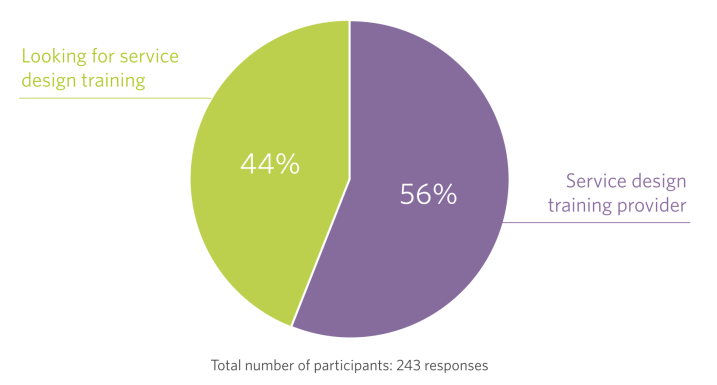
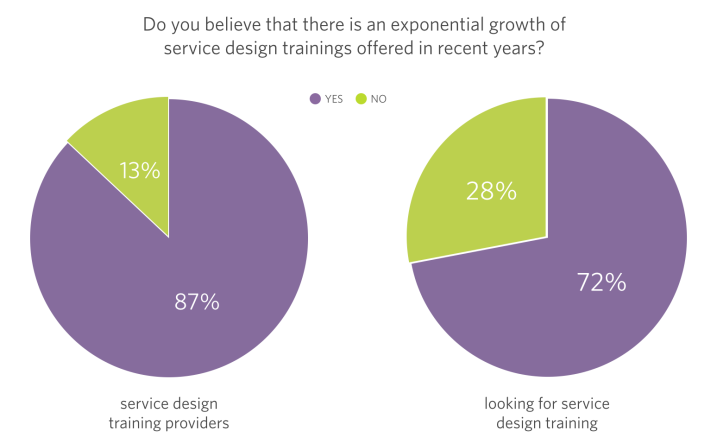
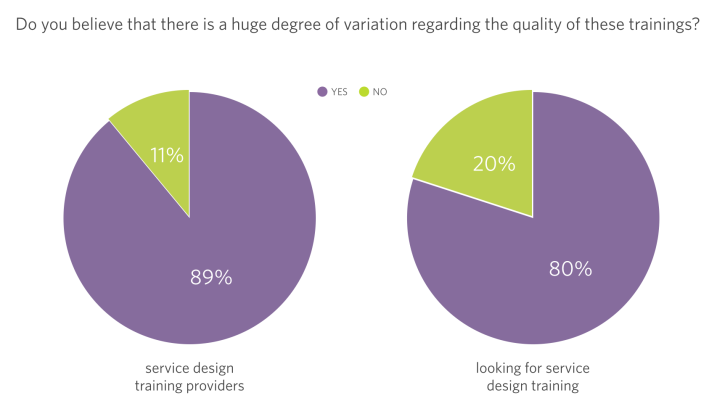
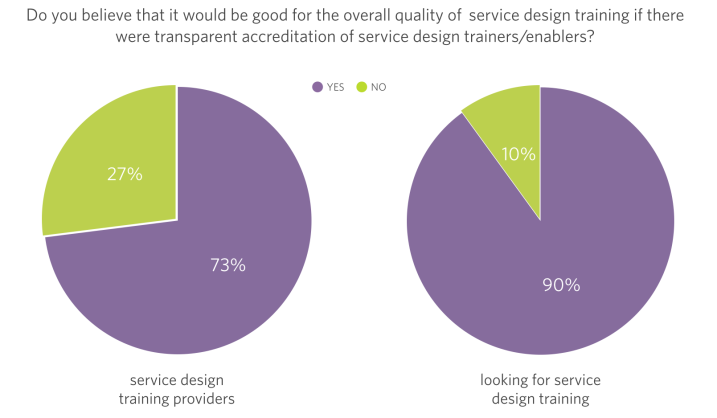
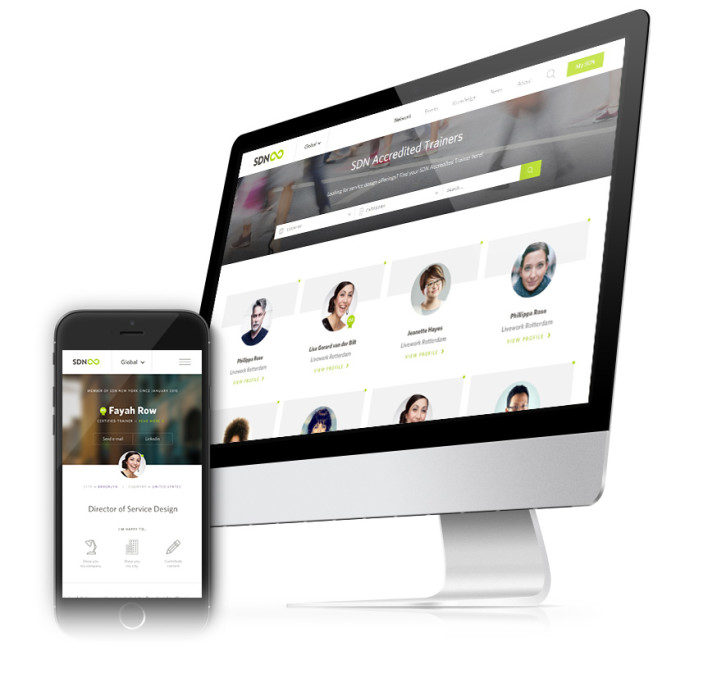



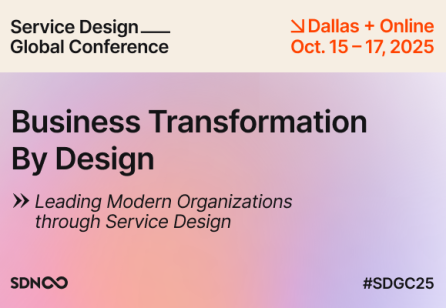
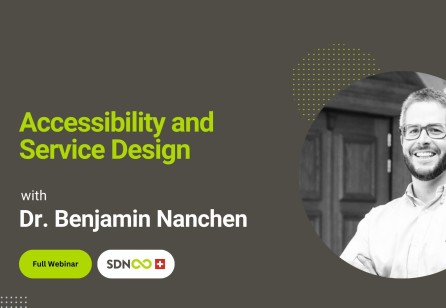

Share your thoughts
0 RepliesPlease login to comment